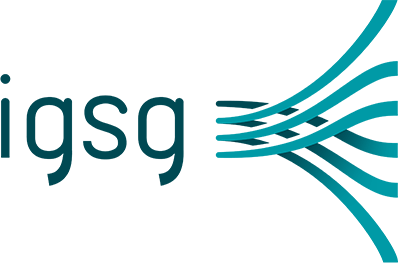13 Novembre 2024
4th Helsinki Initiative Webinar on Multilingualism in Scholarly Communication
Helsinki Initiative organizes a webinar series on Multilingualism in Scholarly Communication with speakers representing different expert communities and strands of work. This event includes three presentations. The event is free and open for everyone to participate. Recording and presentations will be made available after the event to registered participants.
Registration: here (Zoom link will be sent to registered participants)
Date & time: 2 December 2024 15:00-16:30 CET
Programme
- Ginevra Peruginelli (IGSG/CNR): Multilingualism among researchers at the National Research Council of Italy
In the realm of scholarly communication, English frequently serves as the dominant language, especially in STEM fields. Ginevra presents the main results of a CoARA WG survey investigating perceptions and reactions to multilingualism and language biases in scientific research within the CNR community in Italy. The survey had 910 respondents (13,3% of 6,833 CNR staff members), of whom 87% are from STEM fields. While 64% have published peer-reviewed research only in English (and 36% occasionally also in other languages), vast majority of respondents (85%) use Italian in oral communication.
- Nicolas Robinson-Garcia (University of Granada): Language use and publication patterns in the humanities
Humanities are distinct from other sciences in terms of use of diverse languages in scholarly ommunication. Nicolas presents the results of a new study on the publication patterns of 40,000 humanities scholars in Spanish speaking countries using data from the Dialnet database. In terms of publication language, Spanish is the dominant language in most humanities fields. By identifying archetypal publication profiles, the study show a relation between publication patterns and research topics.
- Lucía Céspedes (Érudit, Canada): Evaluating the linguistic coverage of OpenAlex
OpenAlex is emerging as one of the major open and inclusive research information systems for global publication and citation data. Lucía presents the main findings and implications of a new study, which evaluates the linguistic coverage and metadata accuracy of OpenAlex. Manual validation of metadata on language in a sample of 6,836 articles in OpenAlex, of which 68% were in English, suggests a much more linguistically diverse landscape of global scholarly output than Web of Science.
For further information: https://www.helsinki-initiative.org/en/events/4th-helsinki-initiative-webinar-multilingualism-scholarly-communication
